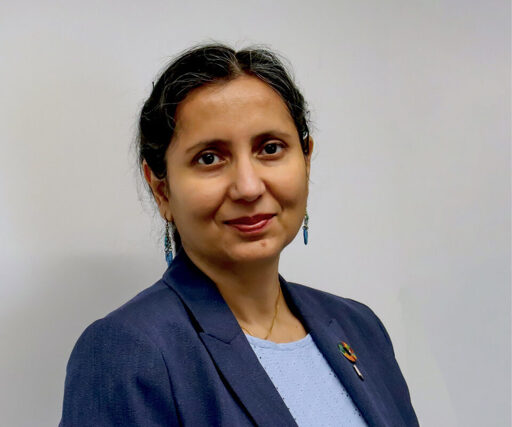Forestry companies, including pulp and paper producers, have a long history of deforestation and social conflict in tropical countries like Indonesia. In Indonesia, millions of hectares of rainforest and peatland have been cleared to make way for industrial forest plantations, displacing thousands of communities from their customary lands in the process. To help ensure sustainable forestry practices, a voluntary global certification organization, the Forest Stewardship Council (FSC), was established in 1993 by a coalition of environmentalists, Indigenous groups, human rights advocates and timber industry players. Since then, FSC has grown into the world’s most recognizable ethical wood certifier. Its logo — a green checkmark and stylized tree — is widely used to assure consumers that forestry products are sourced sustainably. In 2022, Mongabay spoke with then-FSC director-general Kim Carstensen, who emphasized the need to strengthen the credibility and accountability of forest certification. Two years later, his successor, Subhra Bhattacharjee, is leading the FSC through one of its most ambitious reforms to date: the remedy framework. Adopted in 2023, the framework allows companies previously disassociated from FSC, including some responsible for major deforestation, to regain certification if they undertake credible efforts to redress past environmental and social harms. Indonesia, home to some of the most protracted and complex forestry conflicts in the tropics, is now the testing ground for this framework. Two of the world’s largest pulp and paper producers, including APRIL, are currently undergoing the remedy process. But a recent report by a coalition of NGOs — including Forest Peoples…This article was originally published on Mongabay
From Conservation news via this RSS feed


